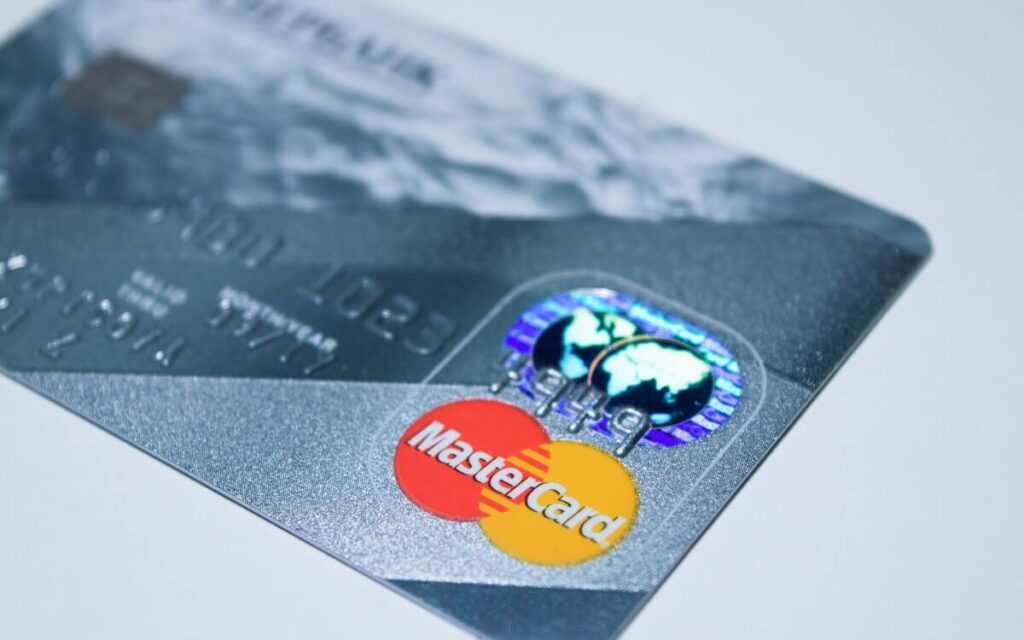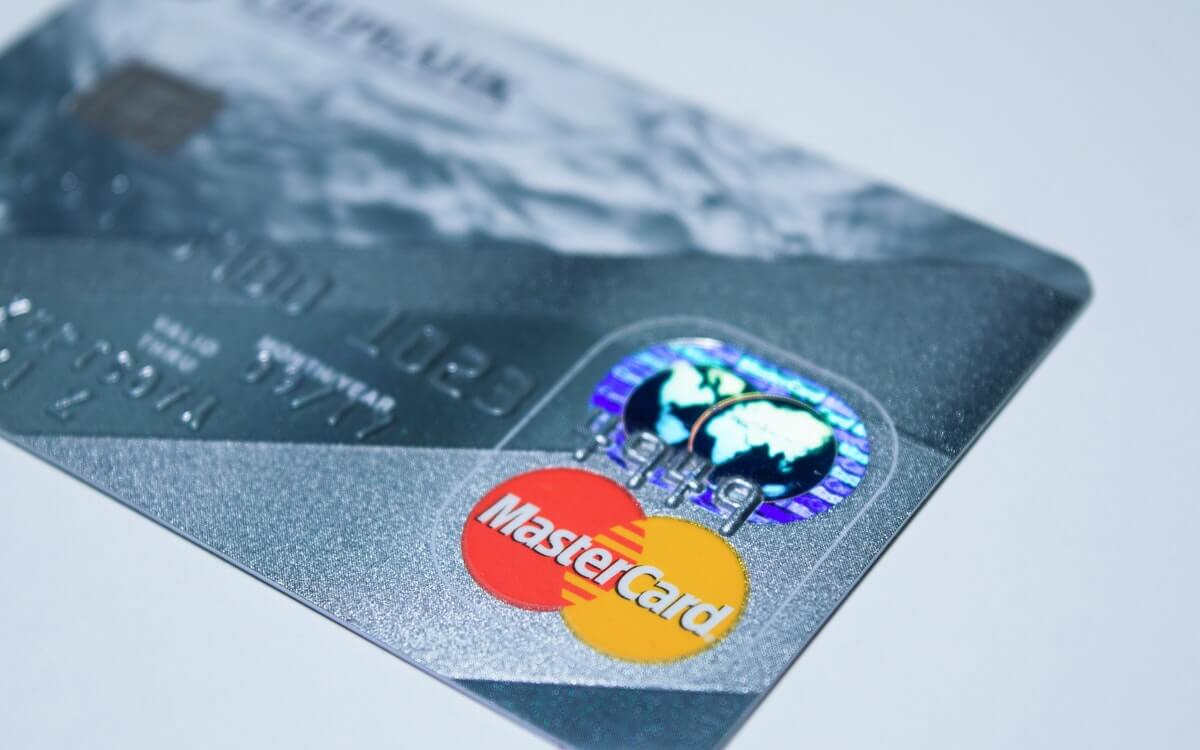
Although a business credit card is a great source of revolving credit for short-term business needs, it may also pose significant disadvantages for a business if not used and managed properly.
Valentine Jingura, Head of Pricing at FNB Business, says business credit cards have gained prominence as convenient transacting and financial management tools for small businesses. They can also be used to allocate expenditure limits to specific users/employees according to their needs. With proper use, they can be an invaluable tool to help a business to manage its day to day affairs.
He unpacks common business credit card mistakes to avoid:
1. Limiting use for emergencies
Business credit cards should not only be used for emergencies, but also as a daily transactional tool. Businesses also have an option to pre-fund the card and earn more rewards from their banks.
For example, SMEs can save on fuel, travel insurance and earn rewards points, simply by using their business credit cards.
2. Failure to check statements regularly
It is essential for businesses to check their statements regularly to track expenses, and check for incorrect billing or charges.
This becomes critical should there be more than one person with a business credit card. Although it is common practice to delegate employee spending, by having more than one linked credit card as the business grows, the onus is on the business owner or financial manager to constantly monitor the use and management of the business’ credit cards.
Checking statements regularly can also help businesses to swiftly pick up suspicious transactions in the event that a lost or stolen card has not yet been blocked or suspended.
3. Only paying the minimum amount
If possible opt to pay more than the minimum amount required on the credit card monthly. Moreover, if the business pays the full outstanding amount due on or before the due date on their monthly account statement, no interest will often be charged on the credit facility. Lenders often give businesses up to 35 days free to repay debt.
If you don’t repay the full amount by the due date, the interest-free period is often deferred and interest continues to be charged from the date of each transaction until you pay in full.
4. Avoid cash withdrawals and transfers
Not only are cash withdrawals expensive, they accrue interest immediately. It is essential that employees are also made aware of this. Transfers from your credit card to your current account are also treated as cash withdrawals.
5. Long-term debt
Businesses should avoid using a credit card for long-term credit needs, as it often becomes expensive and unsustainable to service the debt. Depending on the needs of the business there are other alternative credit products that banks offer, i.e. business loan.
6. Personal expenses
Failure to separate business and personal expenses can lead to complications in the long run when tracking and accounting for business spend.
“Using and managing your business credit card appropriately is not only cost effective, but will also help you build a good credit profile. Financial institutions will also take your business credit card profile into account, should you apply for further or alternative credit in the future,” concludes Jingura.






